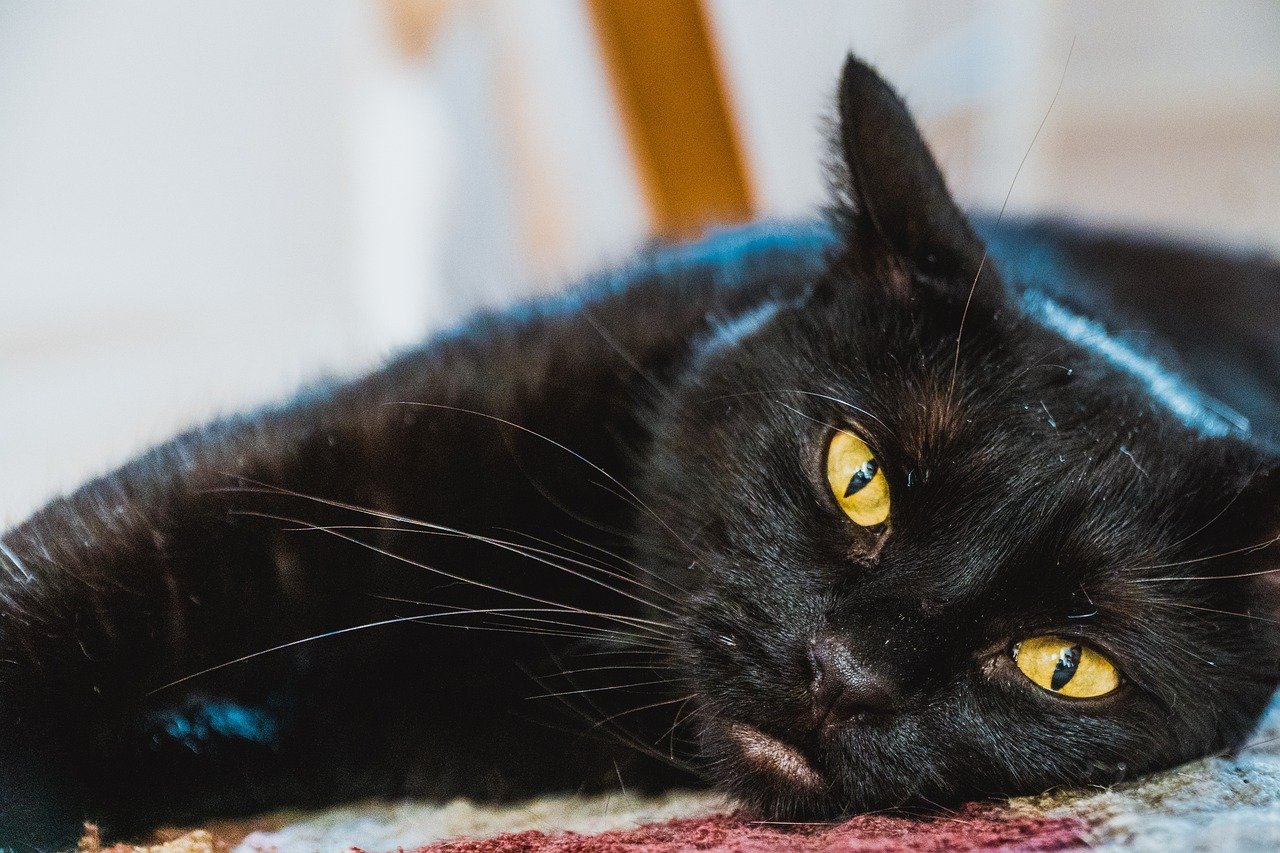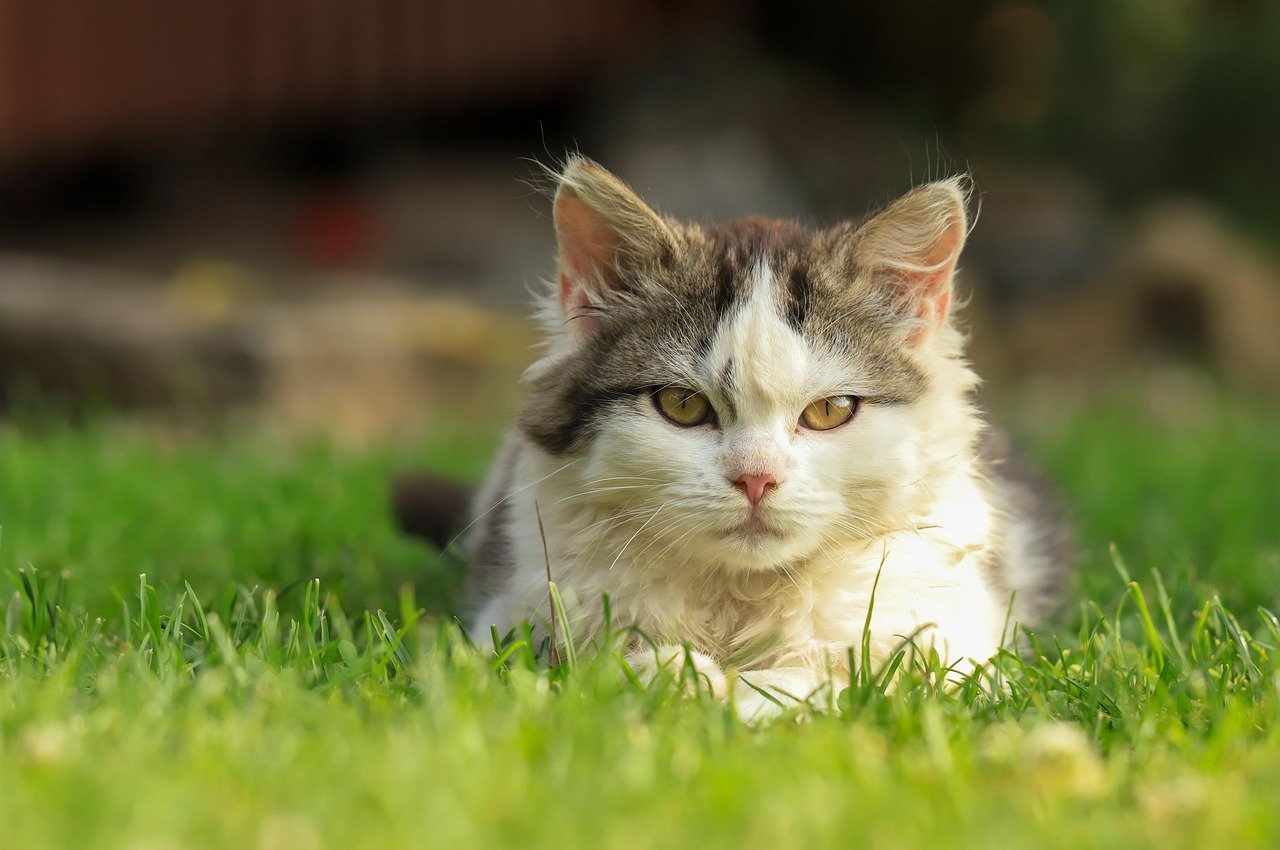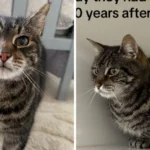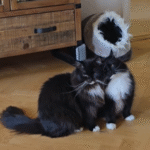When you see your cat lounging peacefully on the windowsill, you might think they are perfectly content. Yet, beneath that calm facade, they might be hiding a secret: boredom. Cats, much like humans, need mental and physical stimulation to lead happy lives. While they may not express their feelings as overtly as dogs, cats can indeed feel bored. Understanding and addressing this boredom is crucial for their overall health and happiness. Let’s delve into the signs, causes, and solutions to ensure your feline friend remains engaged and fulfilled.
Recognizing the Subtle Signs of Feline Boredom
Cats are masters of disguise, especially when it comes to their emotions. Unlike dogs, who might bark or whine, cats often show boredom in more understated ways. If your cat is excessively grooming, it might be a sign they’re trying to fill their time. Similarly, if they start knocking things off tables or become unusually vocal, they might be trying to tell you something. Other signs include sleeping more than usual or showing less interest in their favorite toys. Paying close attention to these subtle cues can be the key to understanding your cat’s needs.
The Role of Environment in a Cat’s Life
Imagine being confined to a single room all day without anything to do. That’s what it can feel like for a cat without proper environmental enrichment. A stimulating environment is essential for keeping your cat mentally and physically active. This doesn’t mean you need to transform your home into a jungle gym, but simple additions like scratching posts, climbing trees, and interactive toys can make a world of difference. Watching birds from a window perch or having a cozy hiding spot can also provide essential mental stimulation.
The Importance of Playtime and Interaction
Playtime isn’t just fun and games—it’s a vital part of your cat’s routine. Regular play sessions help your cat burn off energy, reduce stress, and strengthen their bond with you. Interactive toys like feather wands or laser pointers can mimic the thrill of hunting, providing both physical exercise and mental challenge. Spending even just a few minutes each day actively engaging with your cat can help alleviate boredom and improve their overall well-being. Remember, every cat is different, so finding what excites yours is key.
Diet and Its Impact on Behavior
Believe it or not, what your cat eats can influence their activity levels and mood. A well-balanced diet ensures they have the energy they need to be active and engaged. Some cats may become lethargic if their diet lacks certain nutrients, while others might overeat out of boredom. Offering a variety of textures and flavors can make mealtime more exciting. Additionally, using food puzzles or treat dispensers can turn eating into a stimulating activity, keeping their minds sharp and engaged.
Understanding the Social Needs of Cats
While cats are often seen as solitary creatures, they do have social needs. Some cats thrive on companionship, whether it’s from another feline friend or their human family. If your cat is often left alone for extended periods, they might become bored or lonely. Introducing a new pet should be done with care, but it can provide valuable social interaction. Alternatively, ensuring you spend quality time with your cat each day can fulfill their need for connection and reduce feelings of boredom.
Adapting to Your Cat’s Changing Needs

As cats age, their needs and interests can change. A toy that once captivated them might now sit untouched. Older cats may not be as active, but they still require mental stimulation. Observing your cat’s behavior and adjusting their environment or routine accordingly is essential. This might mean introducing new toys, changing their play schedule, or simply finding new ways to engage with them. Staying attuned to these changes ensures your cat remains happy and healthy throughout their life.
The Consequences of Ignoring Feline Boredom
Overlooking your cat’s boredom can lead to more than just a dull day. Chronic boredom can result in behavioral issues like aggression or anxiety. It can also contribute to health problems, including obesity, as a bored cat might eat more out of habit rather than hunger. In some cases, a lack of stimulation can even lead to depression. By recognizing and addressing boredom, you can prevent these issues and ensure your cat leads a fulfilling life.
Steps to Combat Cat Boredom

Addressing feline boredom doesn’t require a complete lifestyle overhaul. Start by introducing small changes, like rotating toys or creating new hiding spots. Consider setting up a bird feeder outside a window to provide natural entertainment. Regularly engage in interactive play and consider using puzzle feeders to make mealtime more engaging. Most importantly, spend quality time with your cat every day, observing their behavior and adjusting their routine as needed. These simple steps can make a significant difference in your cat’s happiness and well-being.
In conclusion, while your cat may seem calm and content, they might be experiencing boredom without you realizing it. By recognizing the signs and taking proactive steps, you can ensure your feline friend stays happy, healthy, and engaged. Remember, a little effort goes a long way in enriching your cat’s life.

Growing up traveling and experiencing new cultures and wonders, I have had a passion for nature, adventuring, photography, and videography. I am currently working towards a BSc in Biodiversity and Ecology at Stellenbosch University, and I hope to specialise in Marine Sciences one day.
Please send any feedback to Feedback@animalsaroundtheglobe.com






